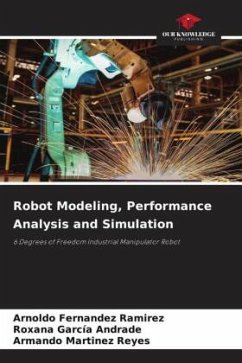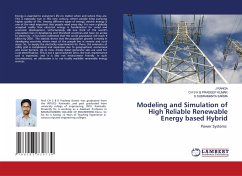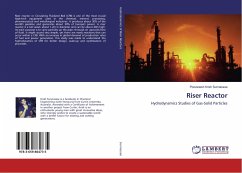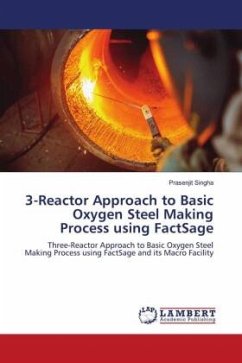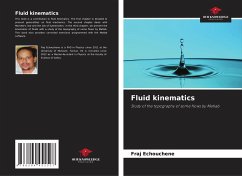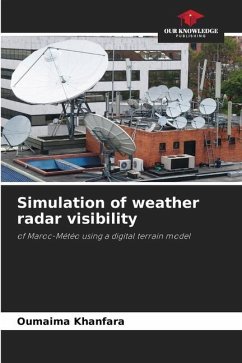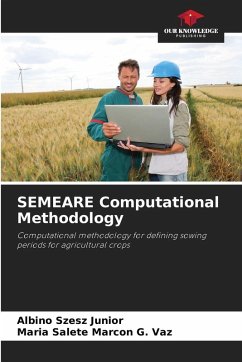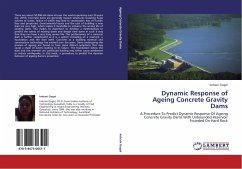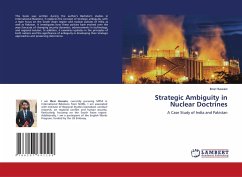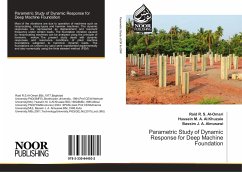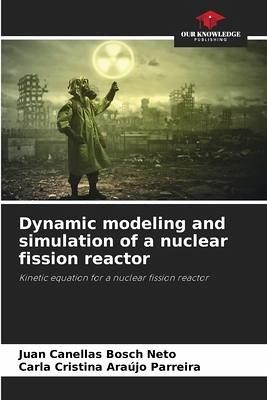
Dynamic modeling and simulation of a nuclear fission reactor
Kinetic equation for a nuclear fission reactor
Versandkostenfrei!
Versandfertig in 6-10 Tagen
40,99 €
inkl. MwSt.

PAYBACK Punkte
20 °P sammeln!
The viability of nuclear reactors depends on an efficient safety system in the operation of nuclear processing units. A large part of the safety of nuclear fission reactors is related to the neutron density, which requires a well-balanced balance between the emitted neutrons and the lost neutrons (via absorption or neutron leakage), in order to avoid major damage such as overheating and possible explosions. In the present work, a literature review concerning nuclear energy, the dynamic modeling and simulation of a nuclear reactor, the development of a new equation (system of nonlinear differen...
The viability of nuclear reactors depends on an efficient safety system in the operation of nuclear processing units. A large part of the safety of nuclear fission reactors is related to the neutron density, which requires a well-balanced balance between the emitted neutrons and the lost neutrons (via absorption or neutron leakage), in order to avoid major damage such as overheating and possible explosions. In the present work, a literature review concerning nuclear energy, the dynamic modeling and simulation of a nuclear reactor, the development of a new equation (system of nonlinear differential equations) for predicting the neutron density, power and mass fractions of the delayed neutron precursor groups, in a nuclear fission reactor and the application of fuzzy logic in these reactors was performed. According to the literature, the system of nonlinear differential equations proposed by Duderstadt and Hamilton is one of the most representative for the prediction of neutron density, but it presents a deficiency for the result of neutron density in moderated systems. In this work, a new equation was developed to predict the neutron density in moderate systems.



